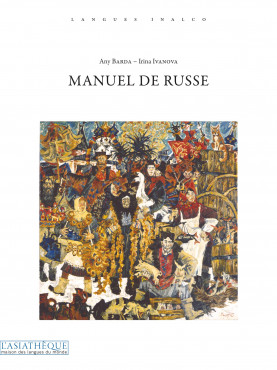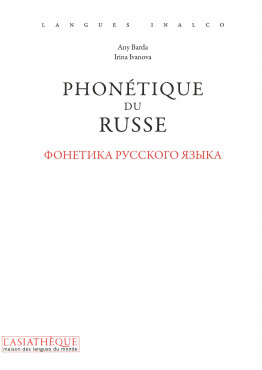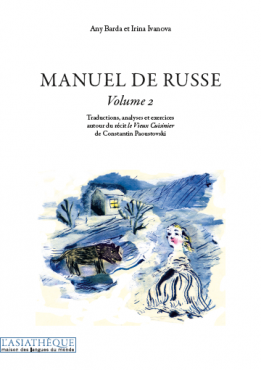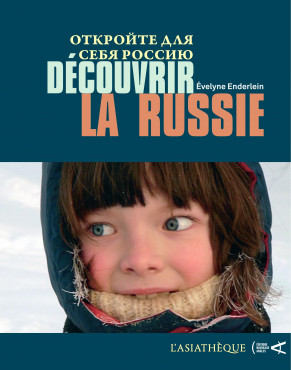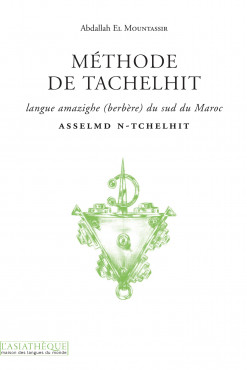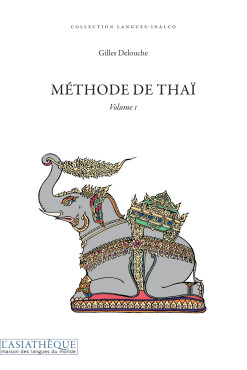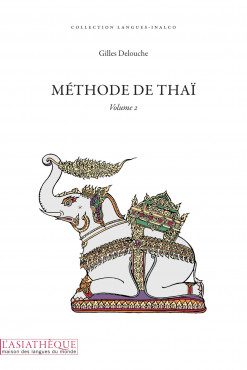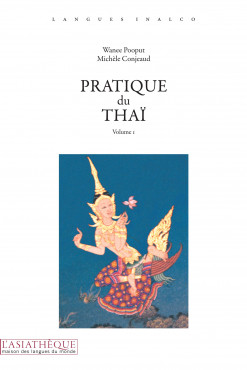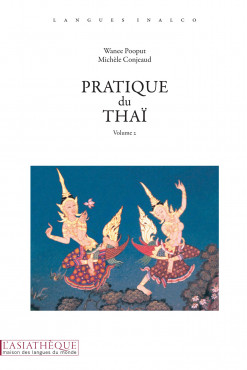Any Barda, ...
This manual aims to train communicative competence in four areas: written expression and oral expression, written comprehension and oral comprehension. Exercises complete and extend the lessons, the answers are at the end of the book. The CD presents the main lessons and the correction of exercises considered to be complex.
Any Barda, ...
This text is an extension of the Manuel de russe (Russian Language Manual) by the same authors. In seven lessons, the authors offer a review of the various problems of Russian pronunciation : accentuation, intonation, rhythm, dropped syllables, etc. The mp3 CD offers numerous exercises in listening and repetition.
Any Barda, ...
Manual for intermediate and advanced levels, based on the study of a literary text and offering studies of vocabulary, themes, written and oral expression exercises. With the publisher's website address to download the recording of the story and at the end of the book reminders of morphology and syntax and the answers to the exercises.
Evelyne Enderlein
A reference work providing an overview of Russian geography, population, culture and civilization. The articles describe in particular the climate, the flora and fauna, religion, language, cities, state structure, literature, music, cinema, architecture, cuisine, public health, industry, transport, the press and even the Runet.
Abdallah El Mountassir
The tachelhit constitutes with the Tamazight (central Morocco) and the Rif (north of Morocco) the Moroccan Berber. Each of these ten lessons, available on CD, consists of a dialogue followed by a basic vocabulary, notes on pronunciation and grammar and application exercises, except the first devoted to phonetics and speech. transcription of tachelhit.
Gilles Delouche
To speak and write Thai, the passport of all those who travel to Thailand, by a teacher of Thai language and literature at Inalco. The first part of this volume focuses on the learning and assimilation of the phonological system, the second on the writing system.
Gilles Delouche
The continuation of the Thai method, to deepen the learning of this language, with a support text to give structures and vocabulary, an analysis of grammatical problems and exercises.
Michèle Conjeaud, ...
This book is an extension of the Méthode de thaï (Thai Language Method volume 1 and volume 2) by Gilles Delouche. It follows faithfully the progression of texts and offers the student many more texts, dialogues and exercises (along with their solutions). The attached CD contains twenty-two dialogues and sixteen question-response exercises with time allowed for the student to respond before the correct answer is given.
Wanee Pooput, ...
This second volume and its CD allow you to deepen your practice of Thai. Structured around 18 texts and 18 conversations, the work is divided into three main parts: thematic examples, grammatical examples, grammatical remarks.
Nicolas Tournadre, ...
Manual of learning, in 41 lessons, of the contemporary Tibetan language, resulting from the speaking of Lhasa, and practiced in Tibet and in the diaspora. With in each chapter a dialogue or a story in Tibetan, a lexicon, grammatical commentaries, exercises and information on Tibetan culture and civilization or on Vajrayana Buddhism.
